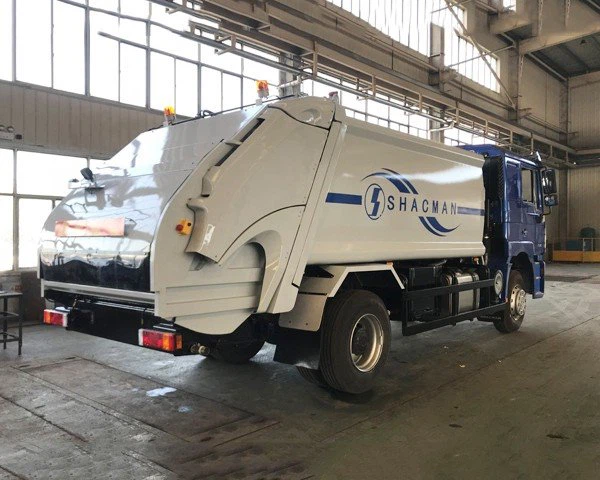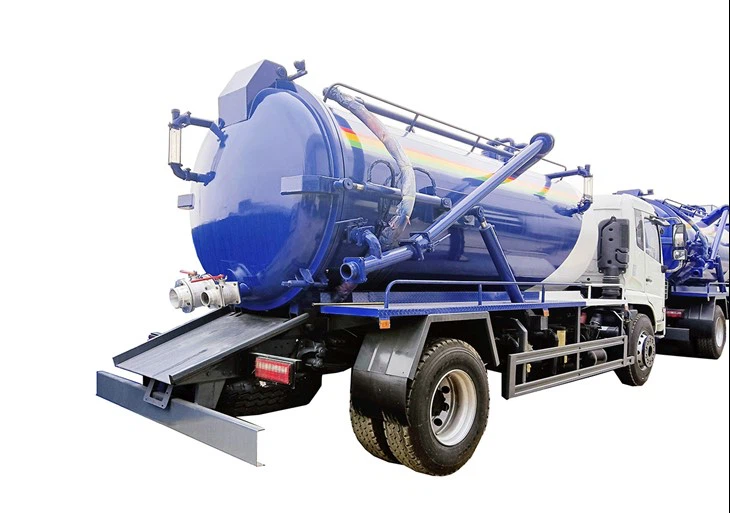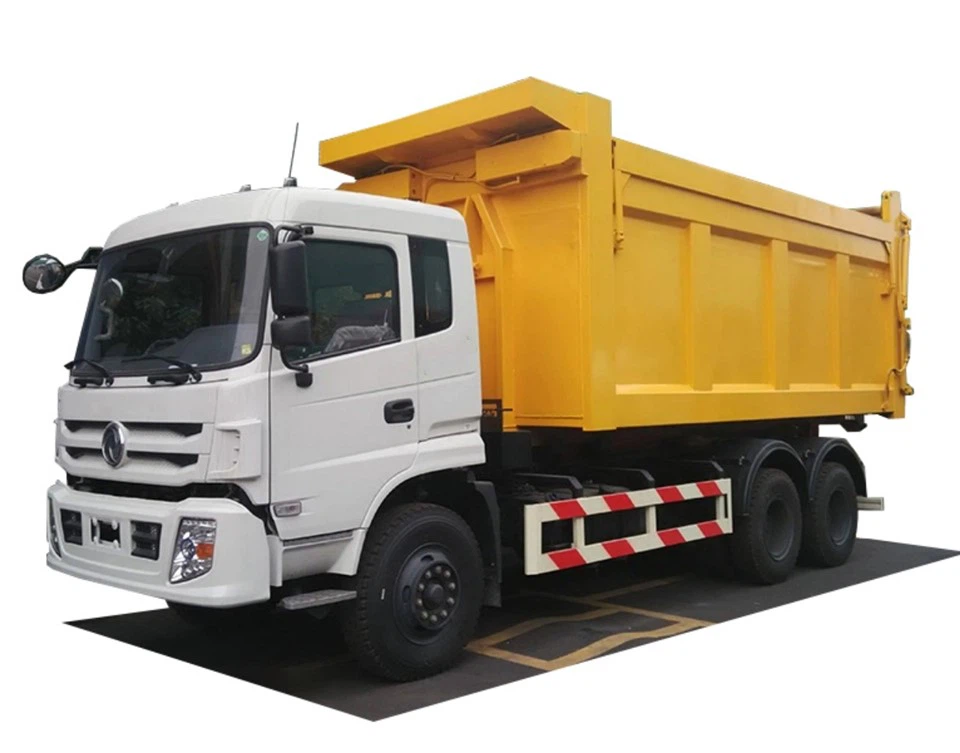Ultimate Guide to Vehicle Mounted Generators

Introduction
In a world where power outages can occur at any time and convenience is key, vehicle mounted generators have emerged as a popular solution for both personal and professional needs. These portable generators are designed to be transported easily and can provide reliable electricity wherever it’s required. Whether you’re camping in the wilderness, working on a construction site, or facing a power failure at home, a vehicle mounted generator can be an invaluable resource. This comprehensive guide will delve into the features, benefits, types, and purchasing tips for vehicle mounted generators, enhancing your understanding and helping you make an informed decision.
What is a Vehicle Mounted Generator?
A vehicle mounted generator is a power generation system that is installed on or in a vehicle, designed to supply electrical energy for various applications. These generators can run on different fuel types, including gasoline, diesel, and propane, and are engineered to provide a consistent power source in remote locations or during emergencies.
Key Features of Vehicle Mounted Generators
- Portability: Easily mounted to vehicles such as trucks, SUVs, or trailers.
- Power Output: Varies from small to large power outputs, suitable for various needs.
- Fuel Efficiency: Designed to consume less fuel while maximizing output.
- Durability: Built to withstand harsh conditions, perfect for outdoor use.
- Easy Operation: Often equipped with user-friendly controls for hassle-free usage.
Benefits of Using Vehicle Mounted Generators
Vehicle mounted generators offer numerous advantages for individuals and businesses alike. Understanding these benefits can help underscore their importance in today’s fast-paced lifestyle.
1. Enhanced Mobility
Vehicle mounted generators are highly mobile, allowing users to transport them easily to different locations. This is particularly beneficial for fieldwork, recreational activities, and emergency situations.
2. Versatile Applications
These generators can support various applications, including powering tools at job sites, supplying electricity for camping trips, and serving as backup power during outages.
3. Cost-Effective Power Supply
Using a vehicle mounted generator can be a cost-effective way to generate electricity, especially when traditional power sources are unavailable or too expensive.
4. Reliability in Emergencies
They provide a crucial power source during emergencies, enabling users to maintain essential operations and stay connected even when the grid fails.
5. Independence from the Grid
Vehicle mounted generators allow users to generate power independently, which is especially valuable for off-grid living or during outdoor adventures.
Types of Vehicle Mounted Generators
When considering a vehicle mounted generator, it’s essential to understand the different types available. Each type has unique features that may suit specific needs.
1. Gasoline Generators
Gasoline generators are popular for their affordability and wide availability. They are suitable for low to moderate power requirements and are often chosen for camping and small recreational uses.
2. Diesel Generators
Diesel generators are known for their durability and fuel efficiency. They are typically used in construction settings or for backup power in larger applications due to their high power output.
3. Propane Generators
Propane generators are an excellent alternative for those looking for cleaner fuel options. They produce fewer emissions and can be used for various applications, including residential and recreational purposes.
4. Hybrid Generators
Hybrid generators combine multiple power sources, offering flexibility and efficiency. They often include options for solar power, making them ideal for eco-conscious users.
Factors to Consider When Choosing a Vehicle Mounted Generator

Selecting the right vehicle mounted generator involves several considerations that can impact its effectiveness and suitability for your needs.
1. Power Requirements
Evaluate your power needs by calculating the wattage of the devices you plan to use. This will help choose a generator with an appropriate power rating.
2. Fuel Type
Choose a generator that runs on readily available fuel in your area. Consider the environmental impact and storage requirements of each fuel type.

3. Portability and Size
Consider the size of the generator and how it can be mounted or transported in your vehicle. Ensure it fits within your truck or trailer without compromising space or safety.
4. Noise Level
Some generators can be quite loud. If noise is a concern, look for models designed to operate quietly, especially in camping or residential settings.
5. Runtime and Efficiency
Check the runtime of generators on a full tank versus their fuel consumption rates. Efficient models can save money and time during extended use.
Practical Examples of Vehicle Mounted Generators in Use
Understanding how others use vehicle mounted generators can provide insight into their versatility and functionality.
1. Construction Sites
Many contractors utilize vehicle mounted generators to power tools and equipment on remote job sites. For instance, a construction crew can set up a gasoline generator in their pickup truck to provide consistent power for tools, lighting, and machinery without relying on grid electricity.
2. Camping Adventures
Camping enthusiasts often install propane generators in their RVs or trailers. These generators can power lights, refrigerators, and even small appliances, enhancing the comfort of outdoor experiences.
3. Emergency Preparedness
In regions prone to natural disasters, families equip their vehicles with diesel generators to ensure they have backup power for food storage, communication devices, and medical equipment during outages.
Maintenance Tips for Vehicle Mounted Generators
Proper maintenance is crucial for ensuring the longevity and reliability of vehicle mounted generators. Here are essential maintenance tips to follow.
1. Regular Inspections
Perform regular inspections to check for wear and tear, leaks, or any other issues that could affect performance.
2. Change Oil and Filters
Follow the manufacturer’s guidelines for oil changes and replacing air and fuel filters to keep the generator running smoothly.
3. Clean the Generator
Keep the generator clean and free from dirt and debris. This will help enhance its performance and prevent potential issues.
4. Store Fuel Properly
Ensure fuel is stored safely and in accordance with local regulations to prevent accidents or contamination.
5. Test Run Periodically
Run the generator periodically to ensure it starts easily and functions properly, even if it’s not in regular use.
Safety Considerations with Vehicle Mounted Generators
Safety is paramount when operating vehicle mounted generators. Taking the right precautions can prevent accidents and ensure safe operation.
1. Carbon Monoxide Awareness
Generators emit carbon monoxide; always operate them outdoors in well-ventilated areas. Never run a generator in an enclosed space, such as a garage.
2. Fuel Storage Safety
Store fuel in approved containers away from direct sunlight and heat sources. Regularly check for leaks and use appropriate methods to clean any spills.
3. Electrical Safety
Use heavy-duty extension cords rated for outdoor use, and avoid overloading the generator by plugging in too many devices.
4. Grounding and Bonding

Follow grounding instructions in the user manual to minimize the risk of electrical shocks or surges.
Cost and Budgeting for Vehicle Mounted Generators
The cost of vehicle mounted generators can vary significantly based on size, type, and power output. Understanding the average prices can help with budgeting.
1. Entry-Level Generators
Basic gasoline generators can be purchased for approximately $300 – $800, making them accessible for light recreational use or small jobs.
2. Mid-Range Generators
Those looking for more robust options can expect to spend between $800 – $1,500 for diesel or propane models with larger power outputs suitable for job sites or multiple appliances.
3. High-End Generators
For heavy-duty needs, high-end generators can reach $2,000 and above. These models often include advanced features, extended runtimes, and hybrid options.
Frequently Asked Questions (FAQ)
1. How do I choose the right size generator for my vehicle?
To choose the right size generator, calculate the total wattage of the devices you intend to power and select a generator that meets or exceeds that wattage. Consider additional wattage for starting equipment like refrigerators or power tools.
2. Can I permanently mount a generator in my vehicle?
Yes, many generators are designed for permanent installations. Ensure the mounting process follows safety guidelines and complies with local regulations.
3. What maintenance do vehicle mounted generators require?
Regular maintenance includes oil changes, filter replacements, inspections for leaks or damages, and cleaning. Always refer to the user manual for specific maintenance schedules.
4. Are there environmentally friendly options available?
Yes, look for generators that run on propane or hybrid models that can utilize solar power. These options produce fewer emissions and are better for the environment.
5. Can I use a generator indoors?
No, generators should only be used outdoors in well-ventilated areas to prevent dangerous carbon monoxide buildup.
6. What accessories should I consider for my generator?
Consider accessories like heavy-duty extension cords, fuel stabilizers, and maintenance kits to enhance the safety and efficiency of your vehicle mounted generator.
